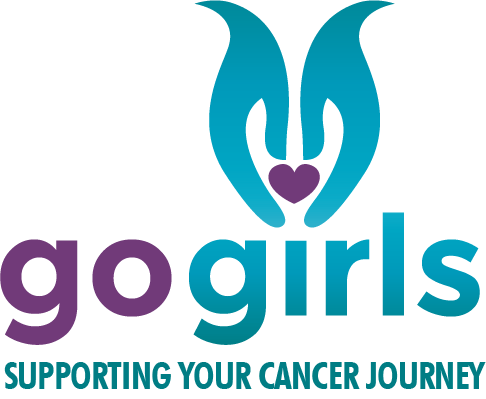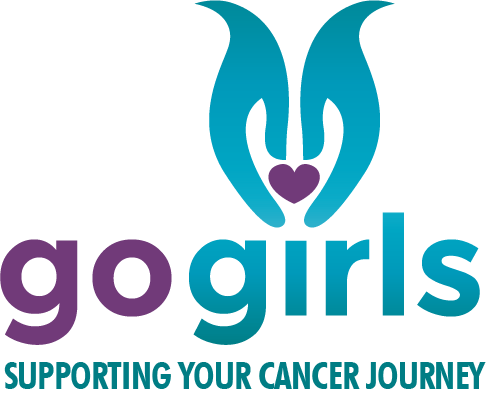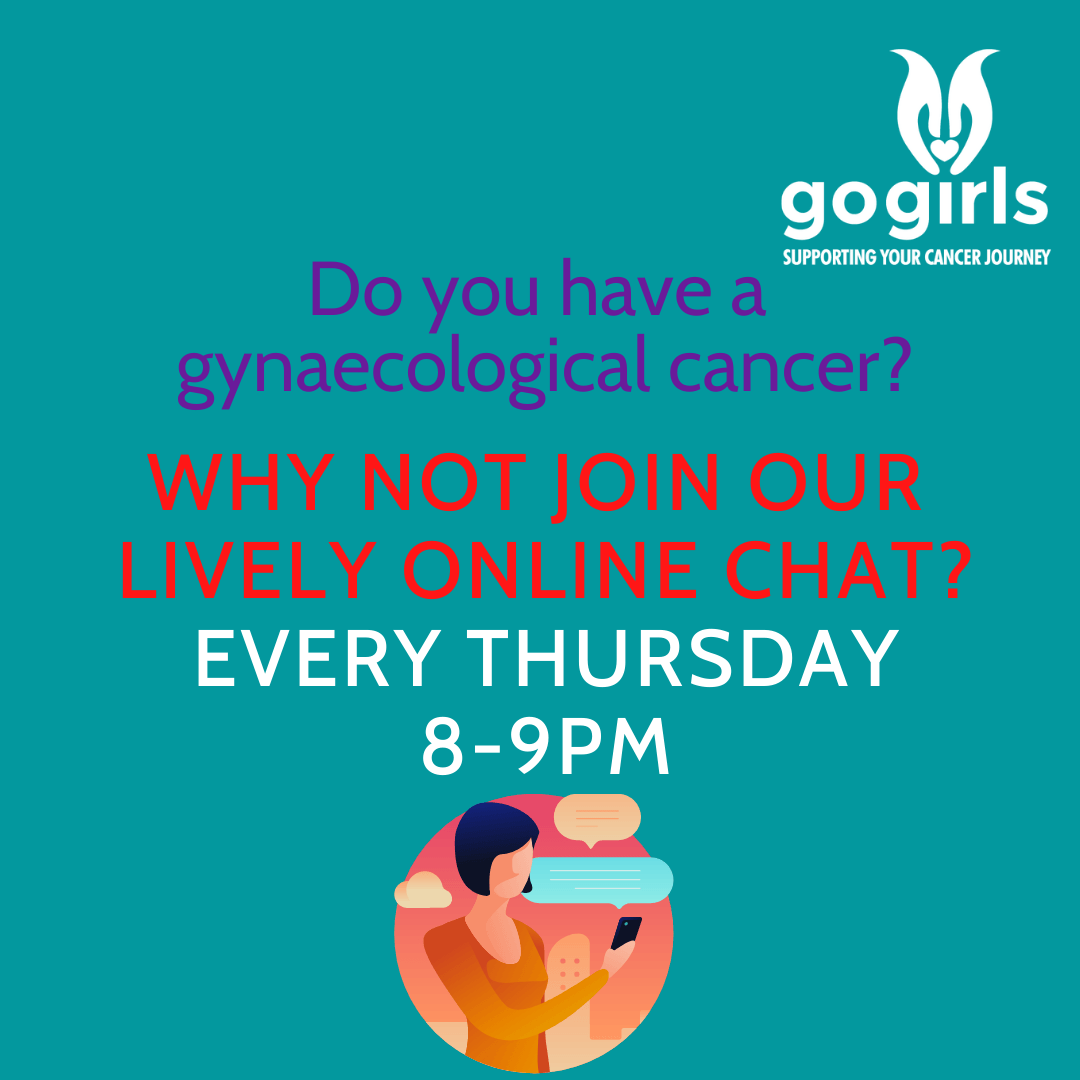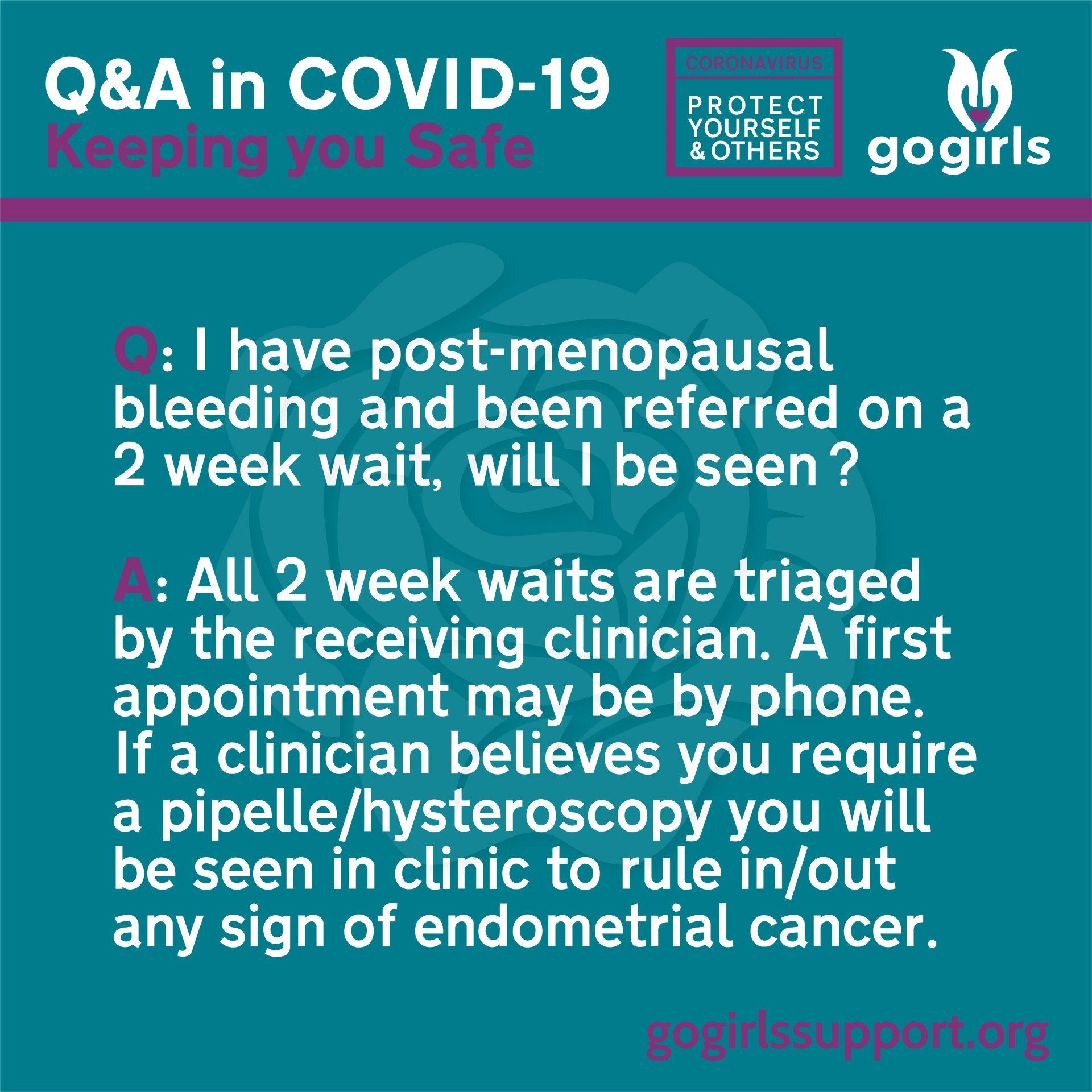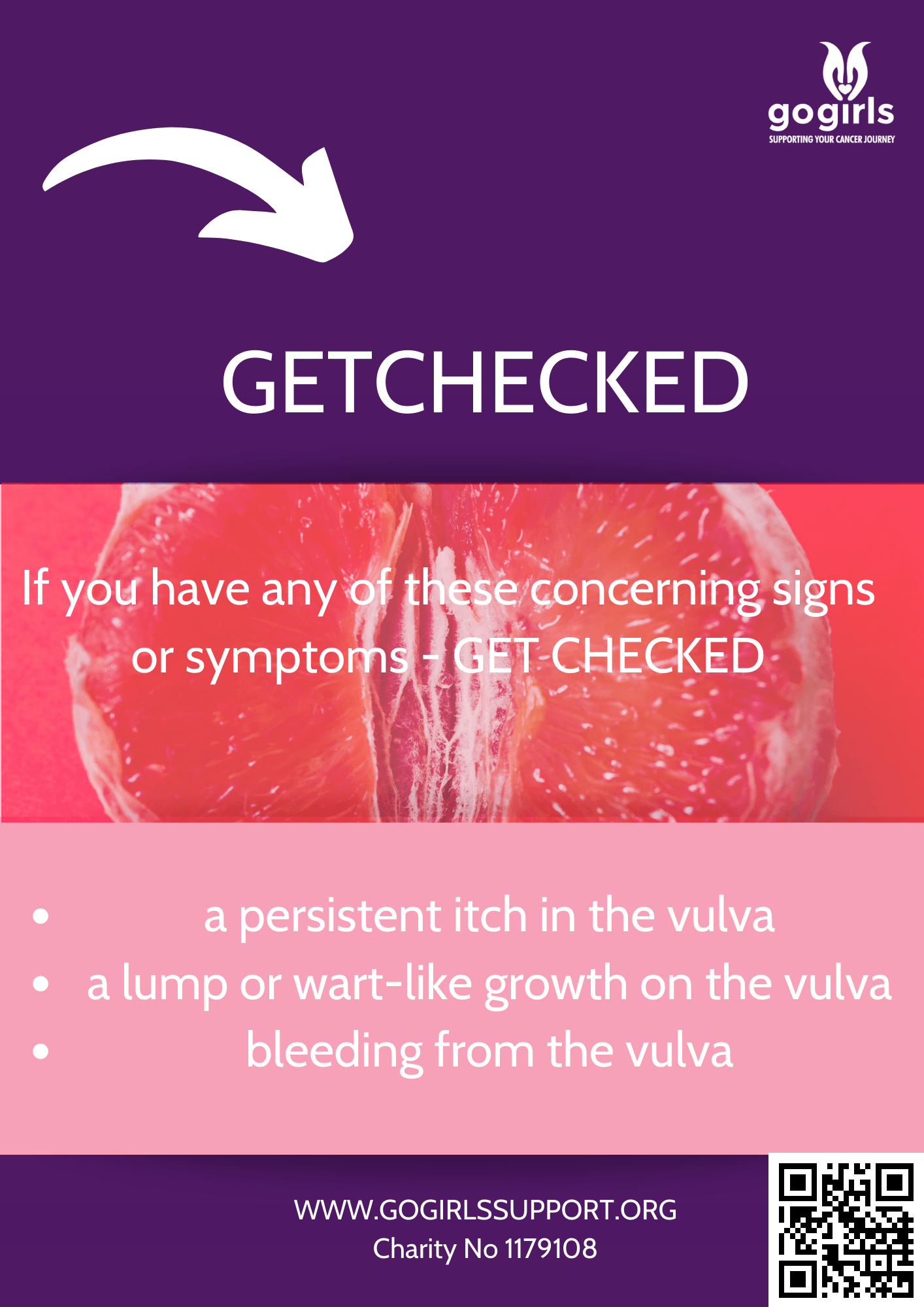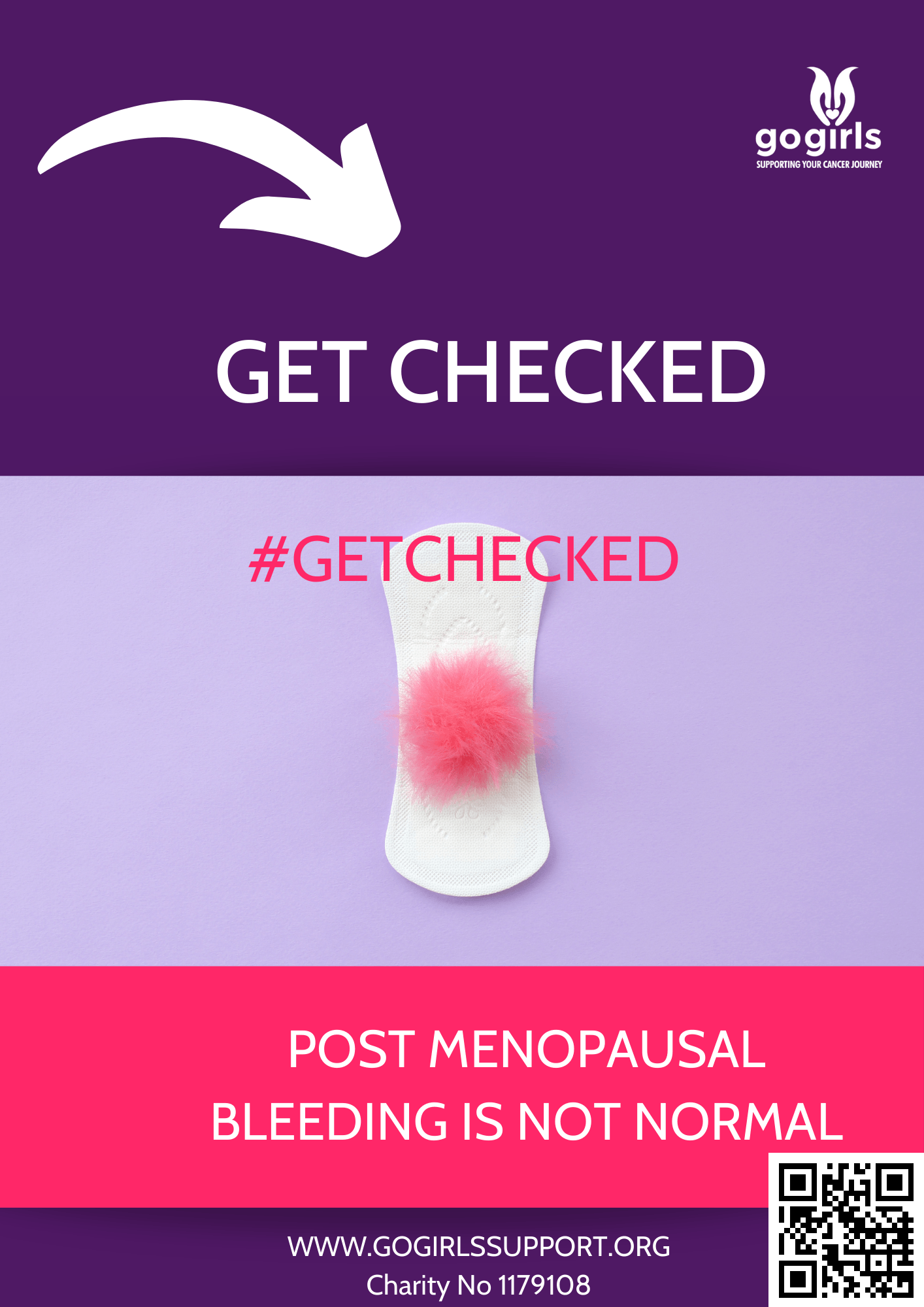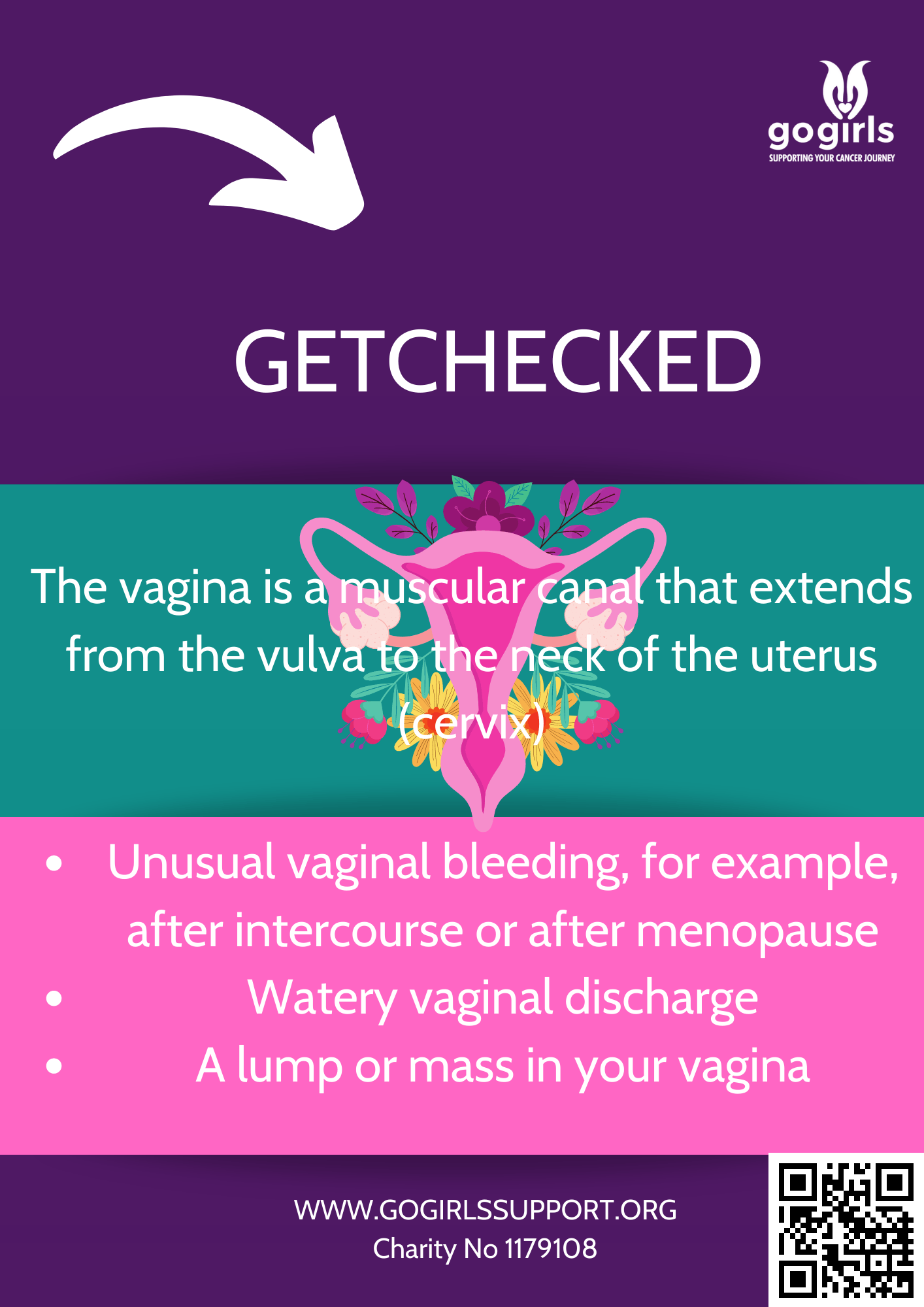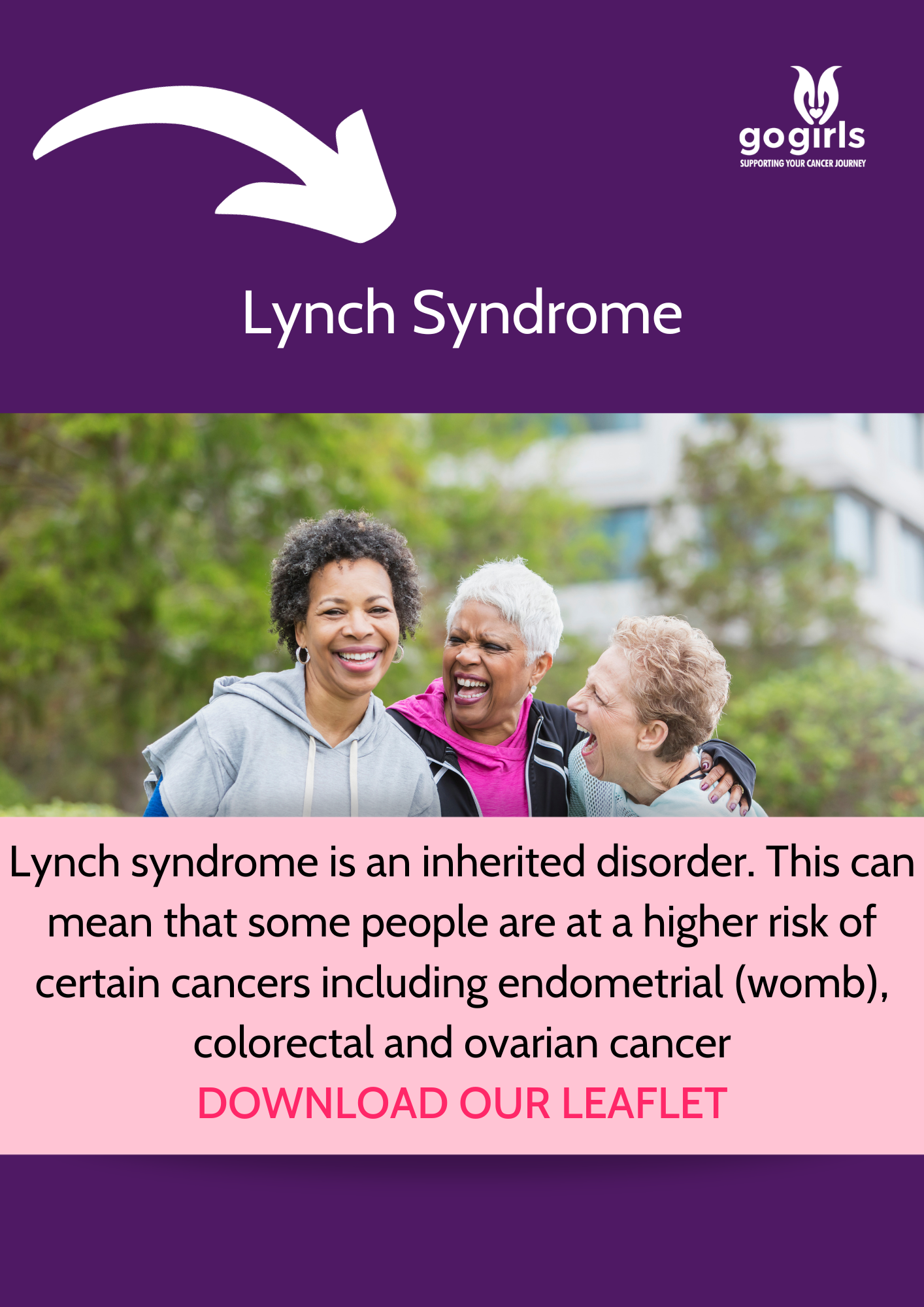Covid-19 Advice for Cancer Patients
- by Hilary Maxwell
- •
- 12 Mar, 2020
Advice produced by One Voice Cancer

We are reassured that the NHS will continue to provide cancer treatments as normal and, if it becomes necessary, prioritise some patients for hospital treatment. Cancer treatment plans would only be changed if there is no alternative.
We understand that the NHS has conducted extensive work on supply chains to ensure a secure supply of necessary drugs and other requirements such as the radionuclides used in some imaging tests.
Some people with cancer are more at risk of becoming seriously ill if they contract the COVID-19 infection (commonly known as the Coronavirus), including:
- People having chemotherapy, or who have received chemotherapy in the last 3 months
- People having immunotherapy or other continuing antibody treatments for cancer
- People having other targeted cancer treatments which can affect the immune system, such as protein kinase inhibitors
- People having intensive (radical) radiotherapy for lung cancer
- People who have had bone marrow or stem cell transplants in the last 6 months, or who are still taking immunosuppression drugs
- People with some types of blood cancer which damage the immune system, even if they have not needed treatment (for example, chronic leukaemia, lymphoma or myeloma).
Your clinician may advise people in these groups to minimise their risk of exposure to COVID-19 infection by avoiding crowded environments, limiting social interaction and maintaining careful hand hygiene.
Cancer treatment providers may also seek to minimise the time people in these groups spend in hospital departments, for example by enabling them to consult their hospital teams by telephone, and having blood tests done at GP surgeries or at home where this is possible.
For more information about COVID-19 and how to reduce the risk of infection people should consult the NHS website.
Q&A
People living with cancer now
Q1 Do I need to do anything differently as someone who is being treated/in remission from cancer/living with a chronic cancer?
We recommend everyone follows the NHS advice around reducing the risk of picking up infections including thoroughly and frequently washing your hands , practicing good hygiene and avoiding contact with people who are unwell.
Some people with cancer are more at risk of becoming seriously ill if they contract the COVID-19 infection:
- People having chemotherapy, or who have received chemotherapy in the last three months
- People having immunotherapy or other continuing antibody treatments for cancer
- People having other targeted cancer treatments which can affect the immune system, such as protein kinase inhibitors
- People having intensive (radical) radiotherapy for lung cancer
- People who have had bone marrow or stem cell transplants in the last 6 months, or who are still taking immunosuppression drugs
- People with some types of blood cancer which damage the immune system, even if they have not needed treatment (for example, chronic leukaemia, lymphoma or myeloma).
Cancer treatment providers may advise people in these groups to minimise their risk of exposure to COVID-19 infection by avoiding crowded environments, limiting social interaction and maintaining careful hand hygiene.
If you are worried you might have been in contact with someone with confirmed coronavirus, call 111 (England, Wales and Scotland) or 0300 200 7885 (Northern Ireland).
Q2 The NHS website says the impact of contracting coronavirus will be more serious for cancer patients. What does that mean? Would I be more likely to die?
Some people with cancer are more at risk of becoming seriously ill if they contract the COVID-19 infection:
- People having chemotherapy, or who have received chemotherapy in the last three months
- People having immunotherapy or other continuing antibody treatments for cancer
- People having other targeted cancer treatments which can affect the immune system, such as protein kinase inhibitors.
- People having intensive (radical) radiotherapy for lung cancer
- People who have had bone marrow or stem cell transplants in the last 6 months, or who are still taking immunosuppression drugs
- People with some types of blood cancer which damage the immune system, even if they have not needed treatment (for example, chronic leukaemia, lymphoma or myeloma).
Your clinician may advise people in these groups to minimise their risk of exposure to COVID-19 infection by avoiding crowded environments, limiting social interaction and maintaining careful hand hygiene.
Q3 What will happen to my cancer treatment?/Will it be postponed? Should I still go to hospital appointments?
The NHS will continue to provide cancer treatments as normal. In the event of any disruption, clinicians will always make decisions to prioritise treatment for those most in need and in consultation with patients.
Q4 What are the symptoms likely to be? Will the symptoms be different because I have cancer? What should I look out for?
The NHS outlines the common symptoms of coronavirus on its website. Coronavirus can have serious effects on anyone who has a long-term health condition or a weakened immune system, including some people with cancer.
Follow the advice on avoiding catching or spreading germs (see Q1). Get advice straight away if you are in contact with someone with confirmed coronavirus, or if you need medical help (see Q1).
Q5 What should I do if my clinician is diagnosed with coronavirus?
See our response to Q4 above. If your clinician is diagnosed with coronavirus and you have not seen them recently, then you are unlikely to have been exposed to coronavirus.
If you are concerned about the impact this will have on your treatment, contact your hospital for advice.
Q6 Should I go to work / not see friends / not see friends who’ve travelled from affected areas?
We recommend everyone follows the NHS and government advice around reducing the risk of picking up infections, such as avoiding crowded places or coming into contact with the condition.
We recommend everyone follows the NHS and government advice about what to do if they are concerned they have come into contact with someone with the coronavirus.
The Foreign Office has the most up-to-date information about how different countries are affected.
Q7 What if I have travel planned or a holiday booked to one of the affected areas – am I more at risk if I do travel?
How cancer affects your travels will depend on a number of things. These include the type of cancer you have and how it is being treated. You should talk to your treatment team about any plans.
The Foreign Office has the most up-to-date information about how different countries are affected.
People who have had cancer in the past
Q8 Does having had cancer treatment in the past (for example, stem cell transplants, chemotherapy, radiotherapy)– even if I am now in remission – increase my risk if I get the virus?
This depends on the type of cancer and the treatment you have had. Most people make a full recovery after cancer treatment and their immune system either recovers fully or is not affected (see Q1 response).
If you have been in close contact with someone with a confirmed case of COVID-19, call 111 (England, Scotland and Wales) or 0300 200 7885 (Northern Ireland). Tell the person you speak to about the type of cancer and the treatment you had.
Family/friends/carers of people living with cancer
Q9 I have been exposed to the virus and am a carer for someone with cancer. What should I do?
We recommend everyone follows the NHS advice around reducing the risk of picking up infections including thoroughly washing your hands frequently, practicing good hygiene and avoiding contact with people who are unwell.
If you have been in close contact with someone with confirmed coronavirus, call 111 (England, Scotland and Wales) or 0300 200 7885 (Northern Ireland). If you are advised by 111 staff or other medical professionals to self-isolate then this would include minimising close contact with others.
Q10 I am a carer to someone with cancer. Should I be doing anything differently?
We recommend everyone follows the NHS advice on reducing the risk of picking up infections including thoroughly washing your hands frequently, practicing good hygiene and avoiding contact with people who are unwell.
The future
Q11 Will cancer patients be a priority for the vaccine if/when it is developed?
There is currently no vaccine for this form of coronavirus. Research is being done to develop a vaccine, but this will take many months. The BBC has written about this issue.
The best way to reduce your chance of infection is to follow the NHS advice on reducing the risk of picking up infections including thoroughly washing your hands frequently, practicing good hygiene and avoiding contact with people who are unwell.
Q12 If the pressure on the NHS grows, will my treatment be delayed?
We are reassured that the NHS will continue to provide cancer treatments as normal. In the event of any disruption, clinicians will always make decisions to prioritise treatment for those most in need and in consultation with patients.
Q13 Will there be problems accessing my cancer drugs?
We understand that the NHS has conducted extensive work on supply chains to ensure a secure supply of necessary drugs and other requirements such as the radionuclides used in some imaging tests.
The NHS action plan, issued on 3 March, says that if transmission of the virus becomes established in the UK population, the nature and scale of the response will change: “The chief focus will be to provide essential services, helping those most at risk to access the right treatment. This means that treatment and the requirement for medicines and other clinical countermeasures might start to increase, with the need to draw down on existing stockpiles of the most important medicines, medical devices and clinical consumables.”
*The following charities have developed this guidance: Anthony Nolan, Bloodwise, Bowel Cancer UK, Brain Tumour Research, Brains Trust, Breast Cancer Now, Cancer 52, Cancer Research UK, Jo’s Cervical Cancer Trust, Leukaemia Care, Lymphoma Action, Macmillan Cancer Support, Myeloma UK, Ovarian Cancer Action, Pancreatic Cancer UK, Prostate Cancer UK, Roy Castle Lung Cancer Foundation, Sarcoma UK and Teenage Cancer Trust.
This advice will be updated as and when more information becomes available.
Thank you to all charities who helped to develop this advice.
Recent Articles

In the process of becoming a lawyer, Jessica has played a pivotal role in assembling and guiding several businesses on a multitude of levels that assist in promoting ethical, social and industry standards. Alongside providing hands-on support to businesses, Jessica is a founder of charity Bona Fide, where she established and drove forward the ‘Beyond Bluewashing’ initiative, to bring public attention to the unethical corporate world and its effects on society. In addition, she has published many academic journals, articles and law reviews in the area of business law, as well as encouraging corporate philanthropic encouragement. Jessica is a keen advocator for causes close to her heart, one of which is related to GO Girls, as she is passionate about propelling forward awareness on these overshadowed cancers that impact many globally.
